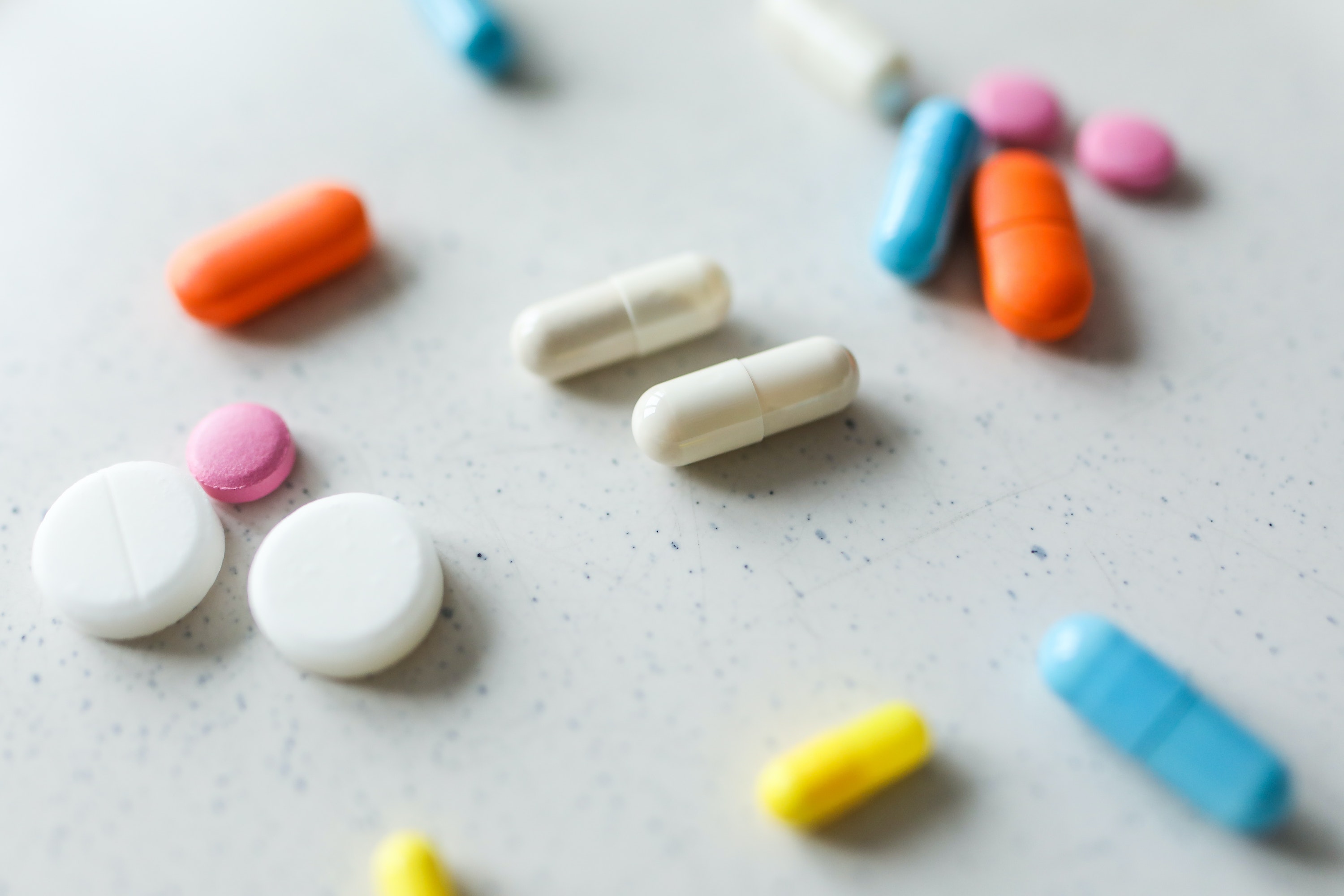Many players choose to use supplements because they can provide health, training, and performance benefits. While the ITIA does not endorse the use of supplements, we encourage you to make informed choices about their use.
The term Supplements is used to define products added to your normal diet – including pills, tablets, capsules, powders, or liquids. They can be manufactured, or natural products, and include nutrients like vitamins, minerals, and amino acids, among other compounds.
Supplements are not regulated, so there is no guarantee that the ingredients list on any supplement is accurate.
Supplements can contain ingredients that are not listed on the label, including banned substances. In many cases, supplements have been proven to be contaminated during the manufacturing process.
Did you know: 30% of tennis Anti-Doping Rule Violations have been attributed to supplements.
The principle of strict liability under the World Anti-Doping Code means that even if contamination can be proved, a sanction is the most likely outcome – including a potential suspension from competition.
There is no way to completely eliminate the risks from supplement use. However, by following our five key actions below, you can reduce the risk of contamination, and show that you have taken precautions before beginning a supplement regime.

Our guide to supplement use
Welcome to our supplements guide. Here, players, coaches, and support staff will find all of the resources needed to make good decisions about supplement use.
We urge players and their support teams to consider the following before consuming supplements:
A Guide to Supplements
Supplement Guide
Before taking supplements, take advice from a qualified sports nutrition professional. They will be able to assess your circumstances, goals, physical condition, and provide appropriate guidance.
Considerations include whether you can achieve your nutritional targets with a food-first approach, or adapted training programme. When consulting with a nutritionist, be sure to inform them that you are a professional athlete, and subject to doping control at any time.
Conduct your own internet search. Have there been any reports of this supplement or brand resulting in Anti-Doping Rule Violations? Check the label for ingredients, and, if possible, submit a query with the manufacturer to ease your concerns about contamination and prohibited substances.
You may also consider submitting a Product Information Request form, available on our website and app.
Many organisations carry out batch testing of commonly-used supplements to certify their ingredients. These include Informed Sport in Europe, NSF in North America, and HASTA in Australia. Many National Anti-Doping Organisations also have their own equivalents.
We strongly advise that you only take supplements that have been batch-tested. Be sure to cross-reference the batch number to be confident that it has been certified before use.
Keep detailed records of your supplement use, this should include:
- Quantities, dosage, and when you used it
- The specific supplement product names and batch numbers
- Any research, consultations, and considerations you made
All of this information will be important, and offers some protection for players, in the event of a positive test through contamination.

Checking supplements
If you would like to check whether a supplement or medication contains a prohibited substance; please complete a 'Product Information Request' form on the ITIA app available on Android and Apple devices.
Current Warnings
Specific warnings have been issued by the TADP for MHA, DMBA, GW501516 and Higenamine.
Hydrochlorothiazide is also a known ingredient in supplements. However, you should not assume that a product without these substances on its ingredients list is free from risk. Certification or other guarantees of purity will not excuse a positive anti-doping test.

